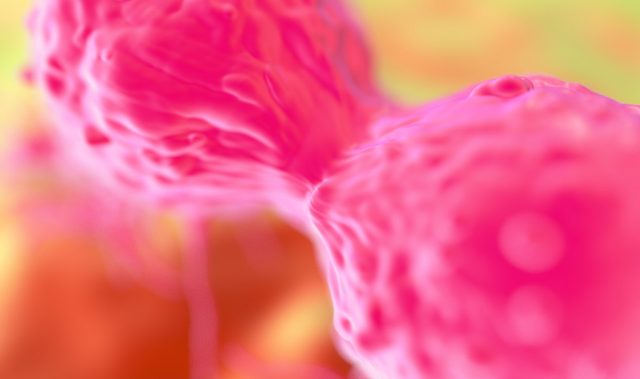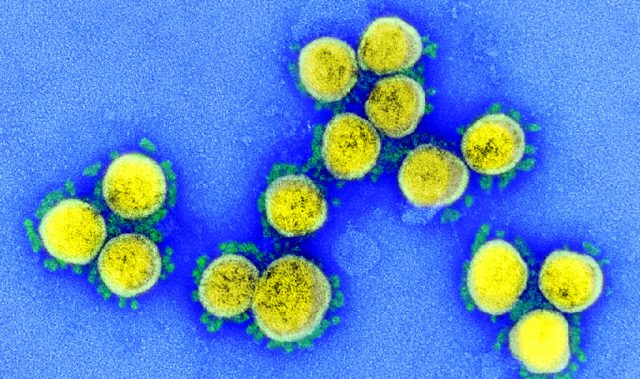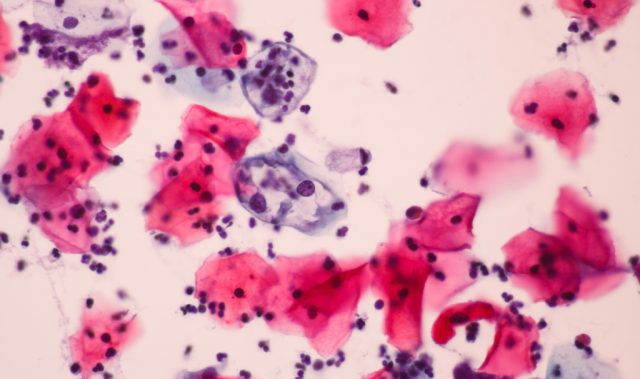
AsianScientist (Nov. 2, 2016) – Researchers in Japan have discovered that a non-steroid anti-inflammatory drug used for treating colds also suppresses the spread of bladder cancers and reduces their chemoresistance in mice, raising hopes of a future cure for advanced bladder cancers. The work was published in Scientific Reports.
Bladder cancer is the seventh most common cancer in males worldwide. Every year, about 20,000 people in Japan are diagnosed with bladder cancer, of whom around 8,000—mostly men—succumb to the disease. Bladder cancers can be grouped into two types: non-muscle-invasive cancers, which have a five-year survival rate of 90 percent, and muscle-invasive cancers, which have poor prognoses. The latter are normally treated with such anticancer drugs as cisplatin, but tend to become chemoresistant and, thus, spread to organs such as the lungs and liver, as well as bone.
In the present study by Hokkaido University researchers, human bladder cancer cells labeled with luciferase were inoculated into mice, creating a xenograft bladder cancer model. The primary bladder xenograft gradually grew and, after 45 days, metastatic tumors were detected in the lungs, liver and bone. From their analysis, the team discovered a three- to 25-fold increase of the metabolic enzyme aldo-keto reductase 1C1 (AKR1C1). They also found high levels of AKR1C1 in metastatic tumors removed from 25 cancer patients, proving that the phenomena discovered in the mice also occur in the human body.
The researchers also identified for the first time that AKR1C1 enhances tumor-promoting activities and proved that the enzyme blocks the effectiveness of cisplatin and other anticancer drugs. And lastly, they discovered that inoculating flufenamic acid, an inhibitory factor for AKR1C1, into cancerous bladder cells suppressed the cells’ invasive activities and restored the effectiveness of anticancer drugs. Flufenamic acid is also known as a nonsteroid anti-inflammatory drug used for treating common colds.
“This latest research could pave the way for medical institutions to use flufenamic acid—a much cheaper cold drug—which has unexpectedly been proven to be effective at fighting cancers,” says Dr. Shinya Tanaka of the research group.
The article can be found at: Matsumoto et al. (2016) Aldo-keto Reductase 1C1 Induced by Interleukin-1β Mediates the Invasive Potential and Drug Resistance of Metastatic Bladder Cancer Cells.
———
Source: Hokkaido University; Photo: Pixabay.
Disclaimer: This article does not necessarily reflect the views of AsianScientist or its staff.












